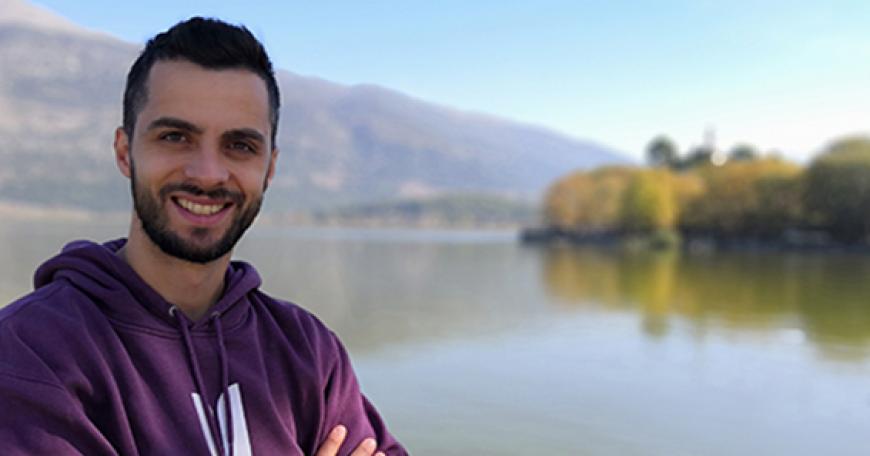New Technologies Won’t Reduce Scarcity, but Here’s Something That Might

In a book titled Why Can’t We All Just Get Along?, MIT scientists Henry Lieberman and Christopher Fry discuss why we have wars, mass poverty, and other social ills. They argue that we cannot cooperate with each other to solve our major problems because our institutions are saturated with a competitive spirit. But Lieberman and Fry have some good news: technology can address the root of the problem. They believe that we compete when there is scarcity, and that recent technological advances, such as 3D printing and artificial intelligence, will end widespread scarcity. Thus, a post-scarcity world, premised on cooperation, would emerge. But can we really end scarcity? And if we cannot, is there any new socio-technical alternative that would allow us to build a more free, fair and sustainable economy and society?
Vasilis Kostakis is Professor of P2P Governance at TalTech and Faculty Associate at Harvard Law School. He is the founder of the P2P Lab and core member of the P2P Foundation. In 2018, Vasilis was awarded a $1.1m grant from the European Research Council, to study the convergence of the digital commons with local manufacturing technologies. Along with an interdisciplinary team of scholars, activists, and social entrepreneurs, he focuses on how to create an economy based on locally sustainable communities that are digitally interconnected.
Read MIT student Amelia Taylor-Hochberg's summary of Kostakis' key points.

